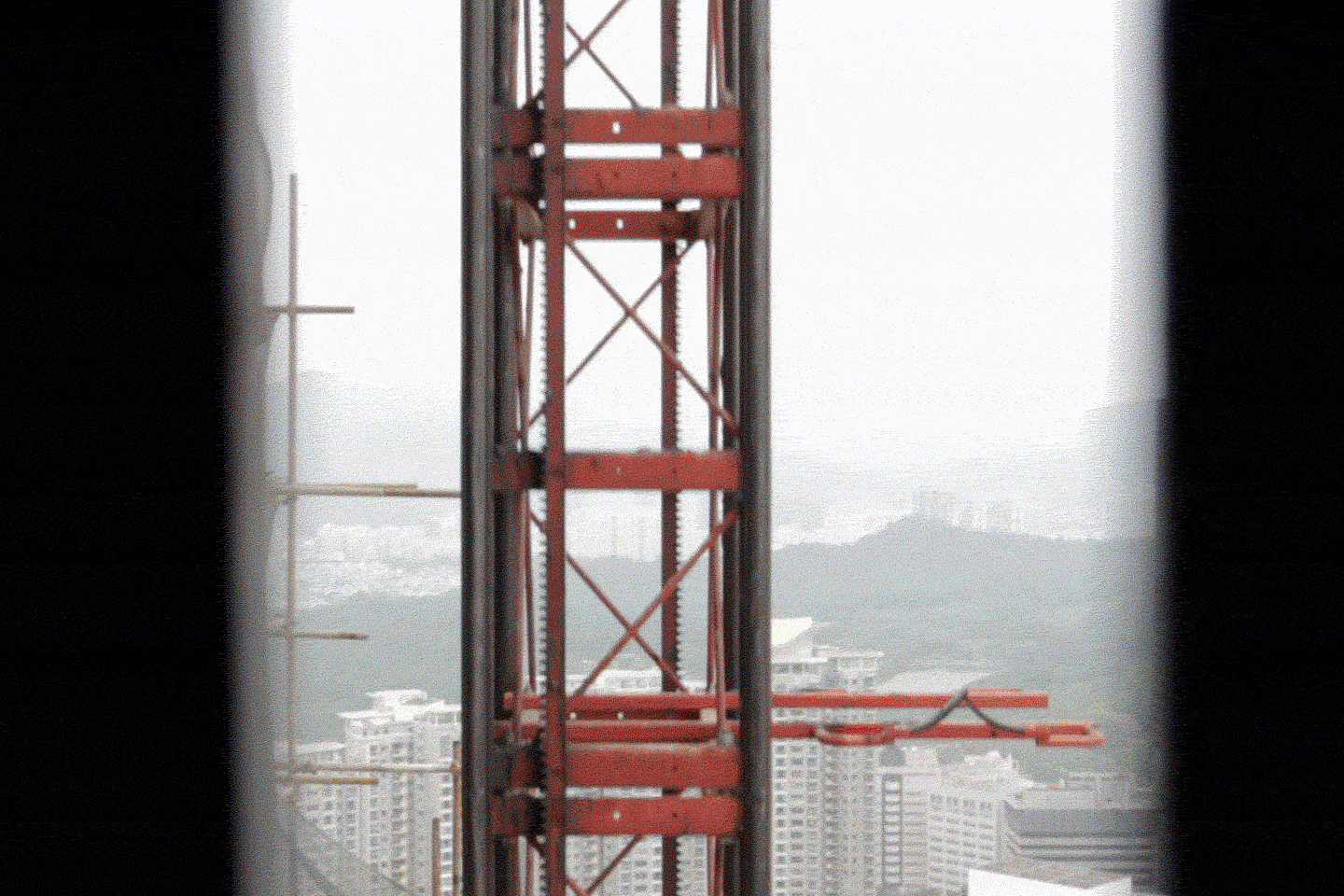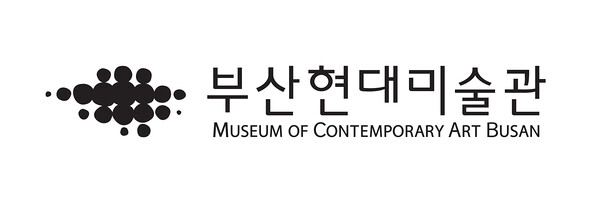Sincere Failure: Failing to Appear
September 17, 2021–February 6, 2022
1191, Nakdongnam-ro, Saha-gu
Busan
49300
Korea
Hours: Tuesday–Sunday 10am–6pm
T +82 51 220 7400
Sincere Failure: Failing to Appear was organized to examine methods of representing reality in contemporary art which are changing under the historical, social, and cultural conditions of capitalism today, in which we have reached the extreme abstract of selling capital instead of real goods, and to explore a new trend of contemporary “realism” that has emerged from these methods.
Historically, visual art was one of the means by which to record reality, and the fundamental foundation for the existence of visual art in that regard was the representation of reality as it clearly appeared. This required, however, that an objective and concrete reality existed that it was possible to visualize. Yet, since the emergence of capitalism, more precisely since the end of the gold standard, what is the reality of the world today? As can be seen in contemporary financial capitalism, which accelerated with the emergence of new forms of capital, beyond stocks and bonds, used to commoditize the unknown future—such as futures, options, private equity and hedge funds—the unique commodity of currency constantly creates value that is in fact non-existent, and which appears and disappears in an instant. The financial market, which has transformed itself into a derivative whereby money produces more money, is an abstract world, devoid of any real substance, visualized in digitized and coded images.
The abstract of capitalism today can no longer be referred to as abstract, in the sense of being apart or separate from reality. If one takes another look at our current reality, one must inevitably acknowledge the logical contradiction of the abstract emerging as reality. Thus, today’s practice of art which strives to recreate the world through images is faced with a so-called double paradox, in that it attempts to represent the unrepresentable. Can visual art media still depict the real world today when the conditions of reality have changed so completely?
As this question suggests, the problem arises that it is impossible to represent abstract capitalism in a directly perceivable form. Representation based on realism, such as simple recording, imitation, and replication of reality, cannot portray the real world of abstracted capitalism today. To recreate abstracted society, the visual arts today are faced with the task of presenting the abstract as abstract. Jackson Hong and Zachary Formwalt, the two artists participating in this show, attempt to recreate capital as a realistic abstract based on their critical analysis of capital and its paradoxical images. Interestingly, both artists clearly “fail” in directly representing the circular movements of capital as objective abstract. However, just as abstract capitalism hides itself from direct view, the artists have discerned that the limitations of the visual image itself, which can never truly represent abstract capitalism, create a unique structure which allows an abstract of actual reality to be revealed.
As such, understanding images of capital in such a way, those images become commentary, revealing absent elements without visualizing the movement of capital itself, and by doing so we must note again the paradox that movement of capital in absence can be visualized. As soon as an image fails to represent abstract capitalism, it becomes an image of capital itself, while revealing the abstract more clearly as (non)visible and (non)material essential attributes of capital today. In this context, the “failure,” the impossibility of representing capital through images, is reversed to become “sincere failure” in contemporary art by being at least on the same page as the image of abstracted capital. This “abstract realism” is the reality of the world of capitalism, of contemporary realism eroded by the abstract, and critical discourse on capital as an image generates a temporary space within which to understand this abstracted reality and the real issues at its core.



